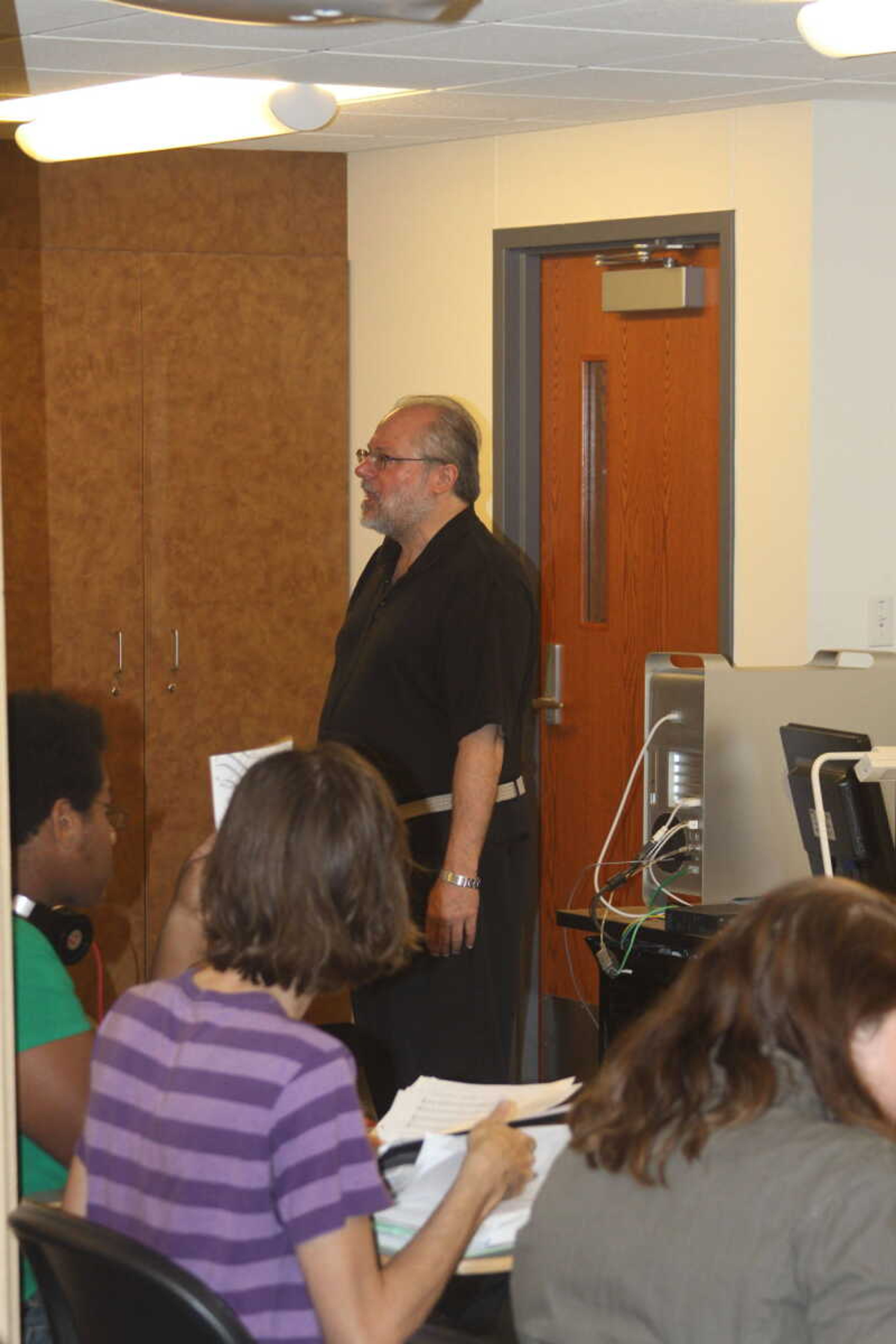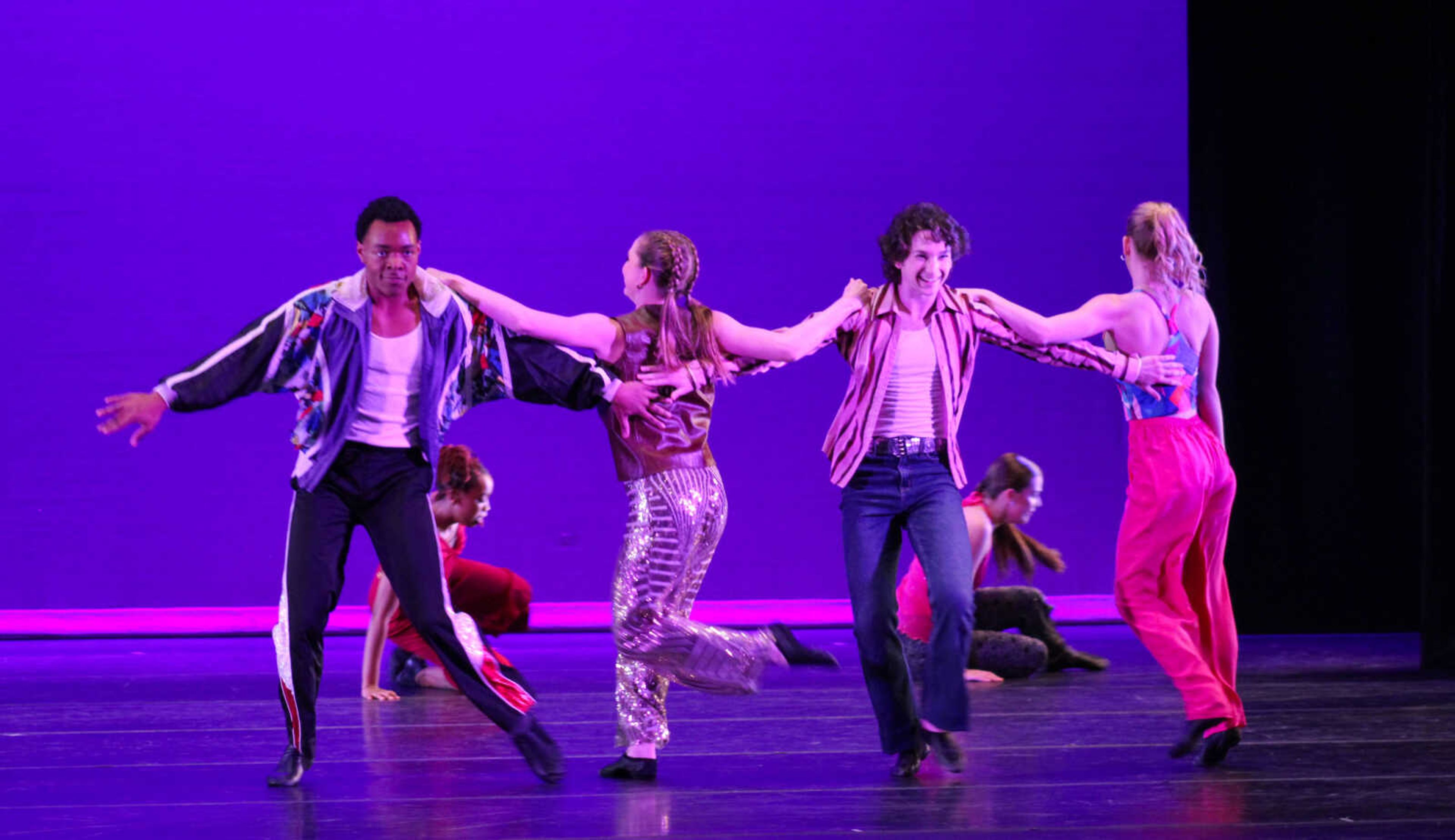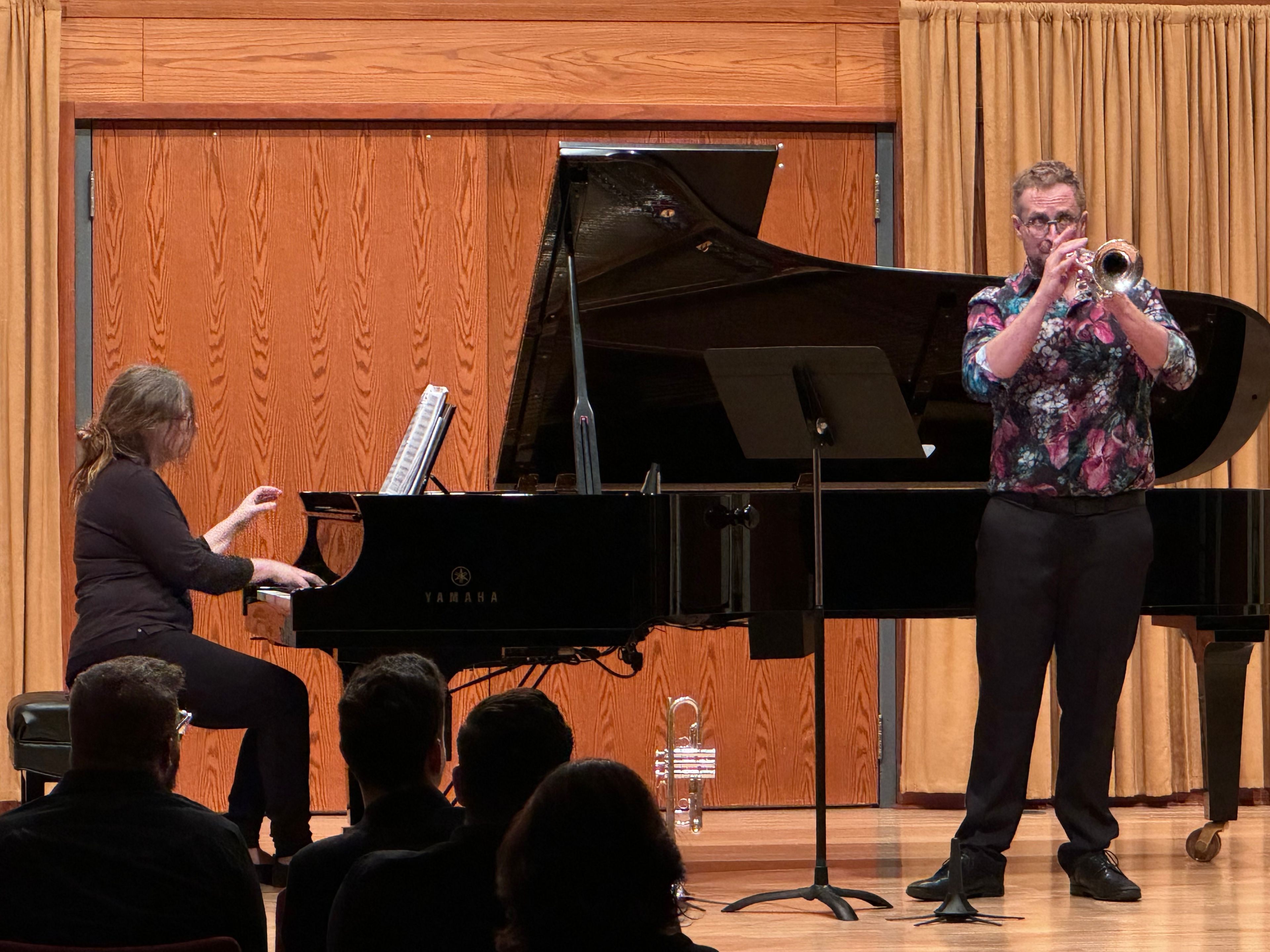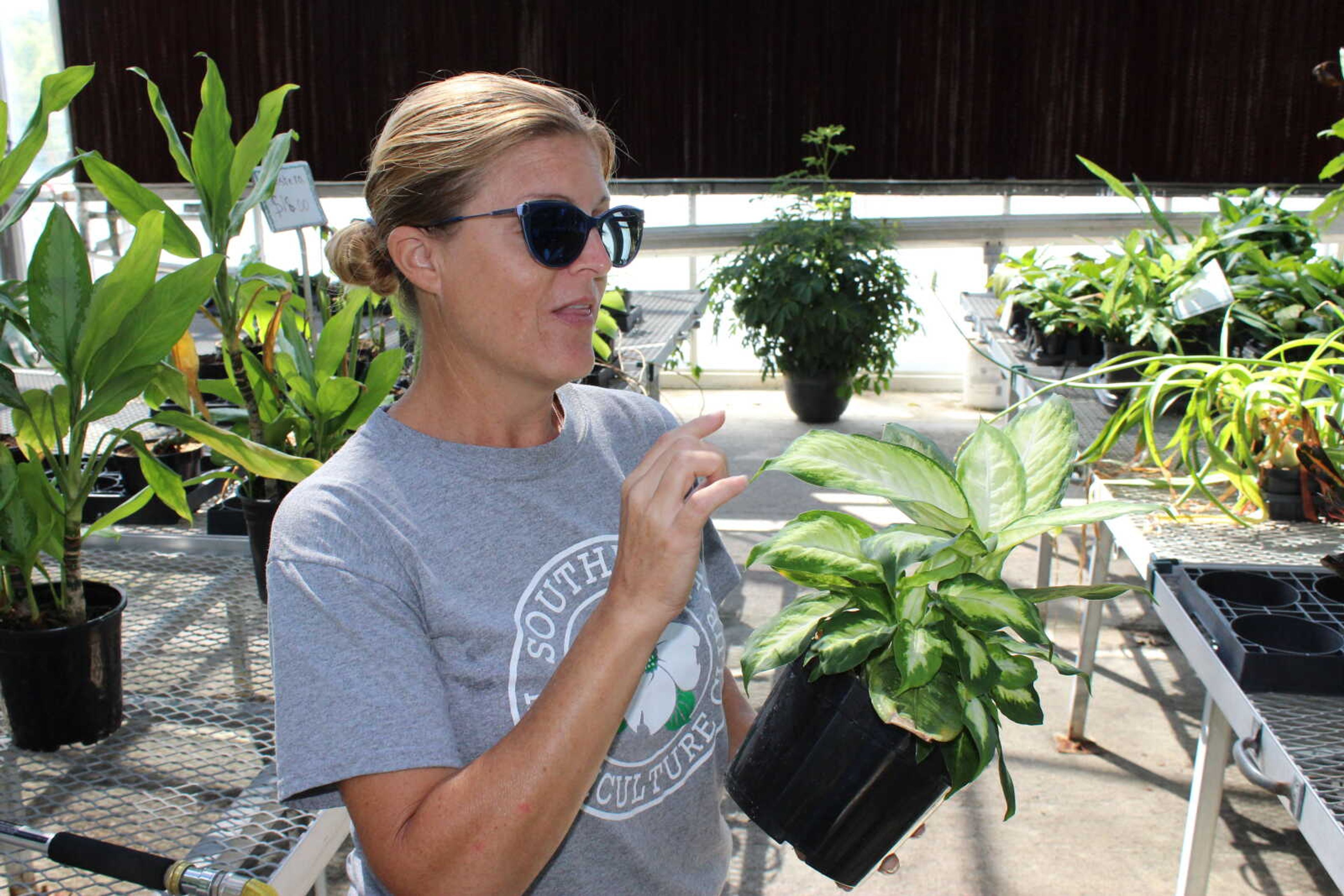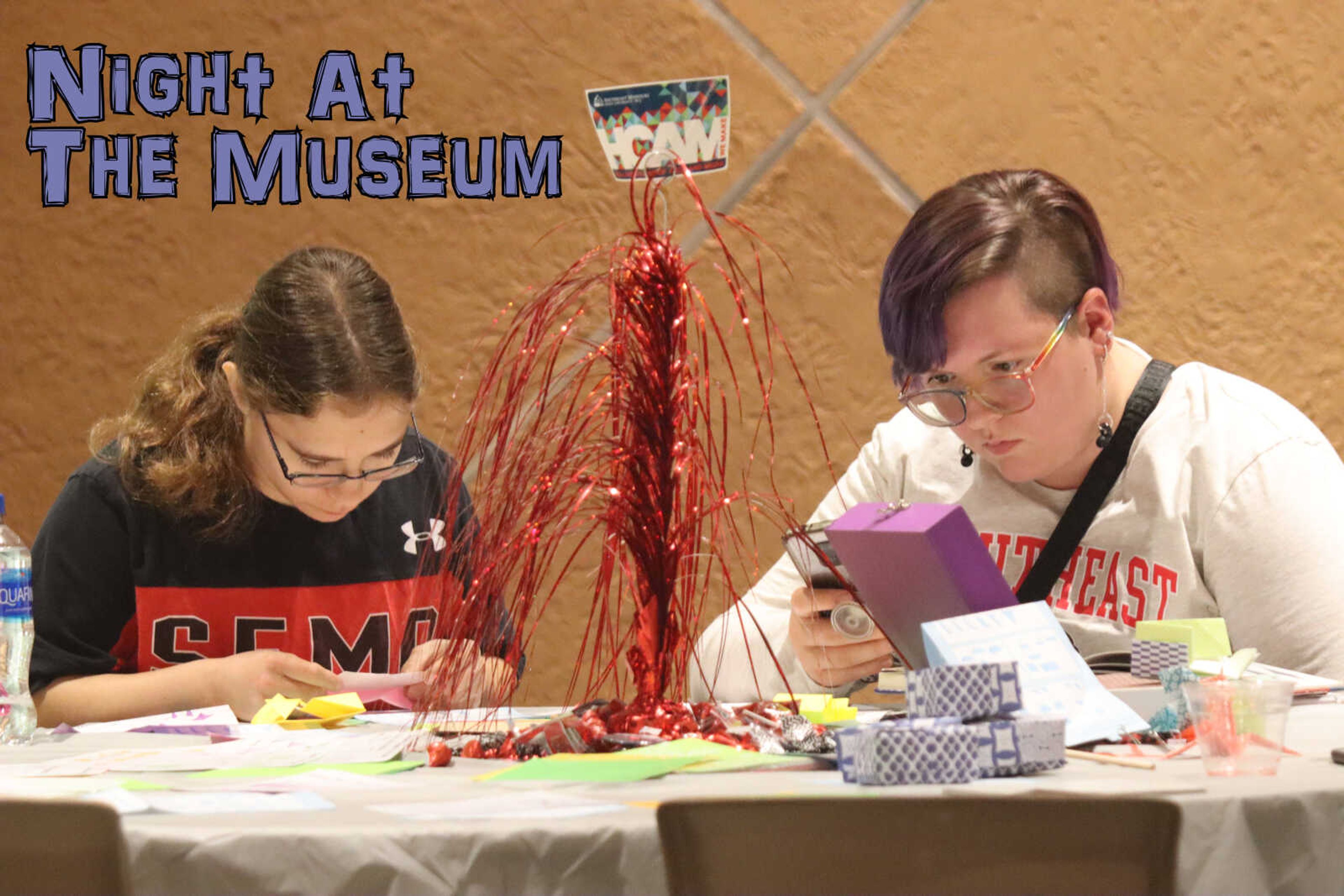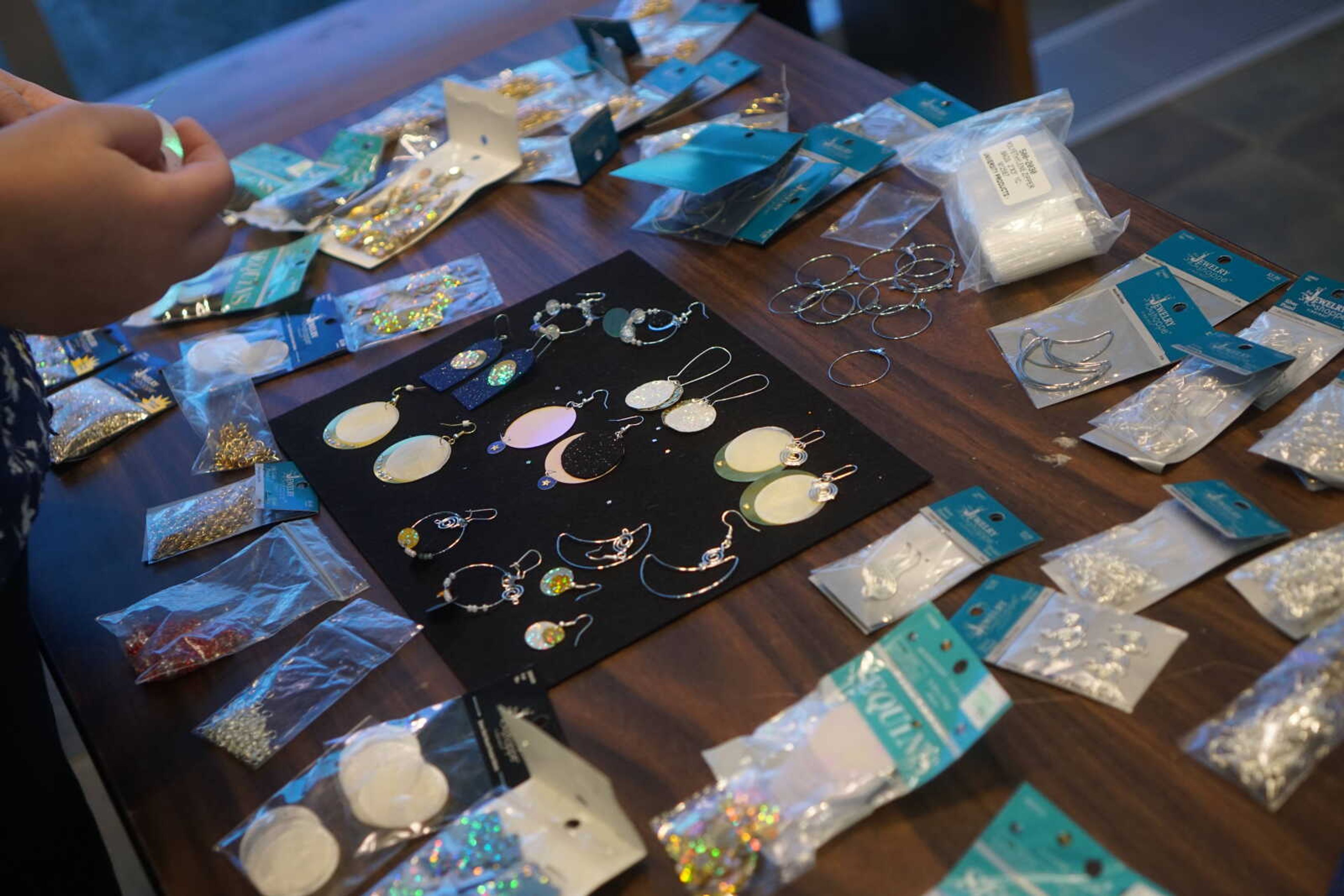Ask: Southeast music professor Robert Fruehwald
Robert Fruehwald, a Southeast professor of musical composition, will be presenting the first of ten recitals that will either be performed by Southeast faculty or guest artists. The recitals will take place in the Robert F. and Gertrude L. Shuck Music Recital Hall at the River Campus. Fruehwald's recital will begin at 7:30 p.m. on Thursday and will feature his own music as well as music by other composers, including Claude DeBussy's "The Chansons de Bilitis."...
Robert Fruehwald, a Southeast professor of musical composition, will be presenting the first of ten recitals that will either be performed by Southeast faculty or guest artists. The recitals will take place in the Robert F. and Gertrude L. Shuck Music Recital Hall at the River Campus. Fruehwald's recital will begin at 7:30 p.m. on Thursday and will feature his own music as well as music by other composers, including Claude DeBussy's "The Chansons de Bilitis."
What is the theme of your performance?
Freuhwald: I don't know if there is really a theme. There are some things that connect it all. One of them is the variety of music for flute. Every single piece has some kind of a flute in it, and flutes are prominent in the concert. But they're not just the normal ones. The last piece is two regular flutes, but then there's also bass flute and there's also alto flute and there's also piccolo. So it's sort of a variety of flute music. That's one thing I'm trying to get across.
Why did you decide to do this recital?
Freuhwald: I try to do one every year as a way of modeling for my students more than anything else. The funny thing about being a composer is that your job is to write the music, and then you sort of feel like it's done when you've done that -- but it's not because it's got to get performed. It's sometimes very difficult to get from the step where you finish writing the music on paper to the point where it reaches a performance, but I think that's the most important part. So, again, I want to sort of model that for my students to show them what they have to do sometimes to get their music played.
What are you hoping that the audience will get out of your performance?
Freuhwald: That they'll hear some music they've never heard before. There's one bass flute piece that I play fairly often that people around here might've heard. Other than that, my guess is they've heard absolutely nothing on the program, so it will be new to them. Two pieces have never been played at all -- two are world premieres.
Are you doing anything special at your performance?
Freuhwald: Yeah. It is unusual to have a narrator along with instrumental music, so that's a little bit special, and just using all the different flutes. Again, you don't hear piccolo sonatas very often. You don't hear the bass flute hardly ever. It's very rare to hear alto flute and piano for example, so there's a lot of things that are unusual about the concert.
How do you feel about being the first faculty recital of the year?
Freuhwald: I don't know that I'd even thought about it. In some ways it's nice, because you have a lot of preparation you have to do for these concerts, and I could do that over the summer. And since the first week has already started, I realize how busy we get sometimes once school has started, so in some ways I feel really good about being first because I can get all the prep done during the summer and that means that I know I'm prepared, which is nice.
What is the difference between a performance like this and actually teaching at the university?
Freuhwald: It really puts me on the spot because I have to prove that I can actually do it. You know, I can teach and not be able to do it, theoretically. But if you're doing a performance like this, you actually have to be able to do it.
